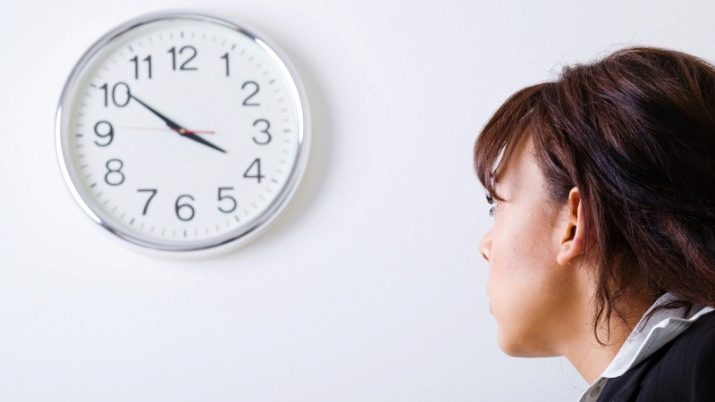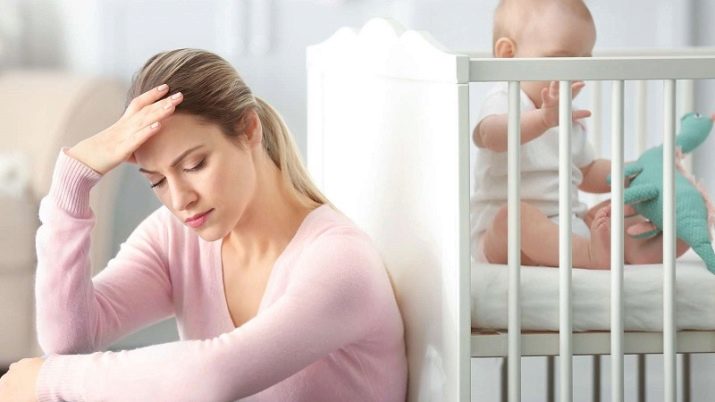How long can depression last and what does it depend on?

Depression is an extremely depressed psycho-emotional state, accompanied by a breakdown and apathy. This disorder is often accompanied by insomnia, poor appetite, mood swings, and other unpleasant symptoms. Undoubtedly, everyone who has experienced this at least once wants to return to normal life as soon as possible. In this article, we'll talk about how long depression can last, whether it can last for years, and how to help yourself get rid of it.

What determines the duration of the disease?
A depressive state can quite rightly be called a disease of the soul. As in cases with bodily ailments, its duration depends on the individual characteristics of the person, the circumstances surrounding him and on how quickly measures are taken to heal.
As for depressive disorder, the following factors primarily affect its development and duration.
- Personality features and general psychophysiological state. People with strong immune systems, good health, and a minimum of chronic illness often cope with depression much faster. An important role is played by character traits, resistance to stress, the presence of concomitant psychological problems or mental abnormalities. Those with a more stable emotional-volitional sphere are less prone to difficult experiences. Such people know how to create a positive and optimistic mood for themselves, which is very helpful in the fight against depression.
- The timing of getting rid of a depressive state is influenced by the reason that led to its development. Of course, everyone perceives and evaluates events differently. Deeper and more protracted depression develops after serious shocks, prolonged stress, strong negative experiences, psychological shock.
- Timeliness of seeking help, adequacy of treatment. The oppressed state tends to accumulate and intensify if a person fails to overcome it. In the future, this leads to the development of more serious forms that are much more difficult to treat.
If measures were taken as soon as possible, already at the first signs of the development of depression, the prognosis for a cure is very favorable.

Duration of the disorder
Experts do not voice any specific terms for the duration of depression. Everything is very individual. For some, it lasts literally a couple of days or a week, while for others it lasts for months or even years. Unfortunately, there is also chronic depression. This is a sluggish depression with periodic exacerbations in the form of extreme apathy and emotional depression.
A combination of several negative factors often leads to such forms of development of the disorder. People who initially have mental instability, who have been in a difficult, unfavorable life situation for a long time, are prone to it. Psychologists say that women are more likely than men to suffer from prolonged depressive conditions.
The longest of them are associated with the following circumstances.
- The depression after divorce in women and men often lasts from several weeks to 1.5-2 years.
- It is not uncommon for a person to become depressed after a binge or quitting smoking. Sometimes people make the decision to quit alcohol and cigarettes at the same time, which makes the disorder worse. In this case, it can last from 2-3 days (with a mild form of alcohol dependence) up to a year.
- A depressive state often accompanies a woman during menopause. On average, it stretches for a period of 1 to 5 years.
- Mothers who give birth at a young age may develop so-called postpartum depression. Its duration is usually 3-6 months. If the condition is aggravated by other negative factors, the disorder can last for more than a year.

What if the depression lasts longer?
First, do not take this disorder too lightly and bring the situation to a protracted deep form. The most complete recommendations can be given by a psychotherapist. In some cases, supportive medication is prescribed for a person with depression.
To help yourself, you should try to set yourself up in a positive way and distract yourself from bad thoughts.
- Be outdoors often. Do some light exercise, or at least walk at an intense pace for about half an hour every day. It is better to do this shortly before bedtime, then you will also get rid of insomnia - a frequent companion of depression.
- Protect yourself from negative information. Put aside heavy books and watching melodramas.
- Include plenty of fruits and vegetables in your diet. The general condition of the body and the immune system significantly affects the psychoemotional background.
- Share your feelings with a loved one with whom you have a relationship of trust.
A heart-to-heart conversation is a very good and accessible psychotherapy. And support and help with advice during this period will also be very important for you.









